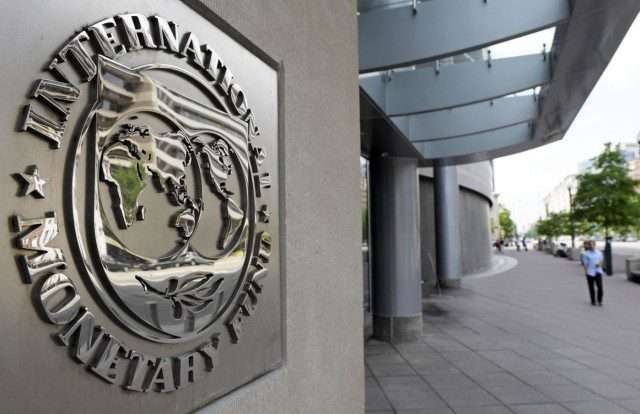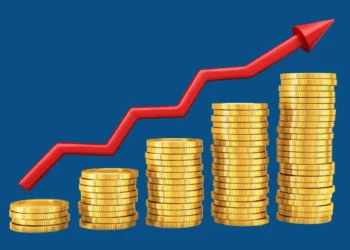The world economy is on track to grow faster than previously anticipated, buoyed by a surge in global trade and a softening of Donald Trump’s earlier tariff threats, according to the latest projections from the International Monetary Fund (IMF). The British economy also received a minor revision, with growth nudging up by 0.1% in 2025.
The IMF’s new World Economic Outlook reveals that the global economy is proving more resilient than initially forecast, with growth now expected to hit 3% in 2025 and 3.1% in 2026. This marks an upgrade from earlier predictions of 2.8% and 3%, respectively.
UK GDP is forecast to expand by 1.2% this year and 1.4% in 2026. Similar modest upgrades were granted to Germany and Italy, each receiving a 0.1% boost for 2025, while Canada saw slightly larger gains of 0.2% in 2025 and 0.3% in 2026.
Behind this improved forecast lies what the IMF refers to as “front-loading” — a wave of accelerated exports to the United States as global firms rushed to beat the clock before additional tariffs announced by President Donald Trump take effect.
According to the IMF, “front-loading has shaped economic activity in the first half of the year,” although it also “creates exposures that could amplify the impact of any potential negative shocks.” Overstocked inventories and increased holding costs are some of the concerns associated with this phenomenon.
The outlook has also improved as the Trump administration softened some tariff positions following new trade agreements. Recent pacts with the UK and the European Union have brought a degree of stability, although temporary. However, the IMF noted that unresolved trade disputes, particularly between the US and China, remain volatile.
UK Chancellor Faces Political Pressure
Chancellor Rachel Reeves, however, faces mounting criticism over the UK’s sluggish economic trajectory. While the IMF’s projections now place the UK among the higher-performing G7 economies, questions linger over her economic strategy.

The chancellor is grappling with a significant fiscal shortfall ahead of this autumn’s Budget and is reportedly considering tax increases and spending reductions to close the gap. Critics argue this approach could stifle growth.
“Under Labour, growth is going nowhere. Business confidence has collapsed all because of the chancellor’s reckless economic choices. You can’t tax your way to growth.”
Shadow Chancellor Mel Stride
Stride accused Reeves of repeating the same “doom and gloom” policies seen in last year’s tax-heavy October Budget.
But Reeves defended her plans, pointing to infrastructure investment and housing as pillars of Labour’s Plan for Change. “I am determined to unlock Britain’s full potential,” she said. “That’s why we are investing billions of pounds … to drive economic growth and put more money into people’s pockets.”
Across the Atlantic, Trump’s April “liberation day” declarations — in which he announced tariff hikes — led to intense stockpiling by businesses seeking to avoid higher import costs. While some tariffs have since been lowered or delayed, the IMF warns that the risk of renewed hikes remains.
“A rebound in effective tariff rates could lead to weaker growth,” the report stated. “Elevated uncertainty could start weighing more heavily on activity, also as deadlines for additional tariffs expire without progress on substantial, permanent agreements.”
Additionally, the IMF cautioned that escalating conflict in the Middle East could disrupt global trade routes and push up prices for critical commodities like oil.
Nevertheless, there is optimism. The IMF said that breakthroughs in trade negotiations, especially if they lead to reduced tariffs and clearer rules, could deliver even stronger growth outcomes.
The report also emphasized the transformative potential of technological innovation, especially in artificial intelligence, noting it could be a key driver of global productivity in the coming years.
READ ALSO: Donald Trump ‘Considering’ Pardoning Diddy



















